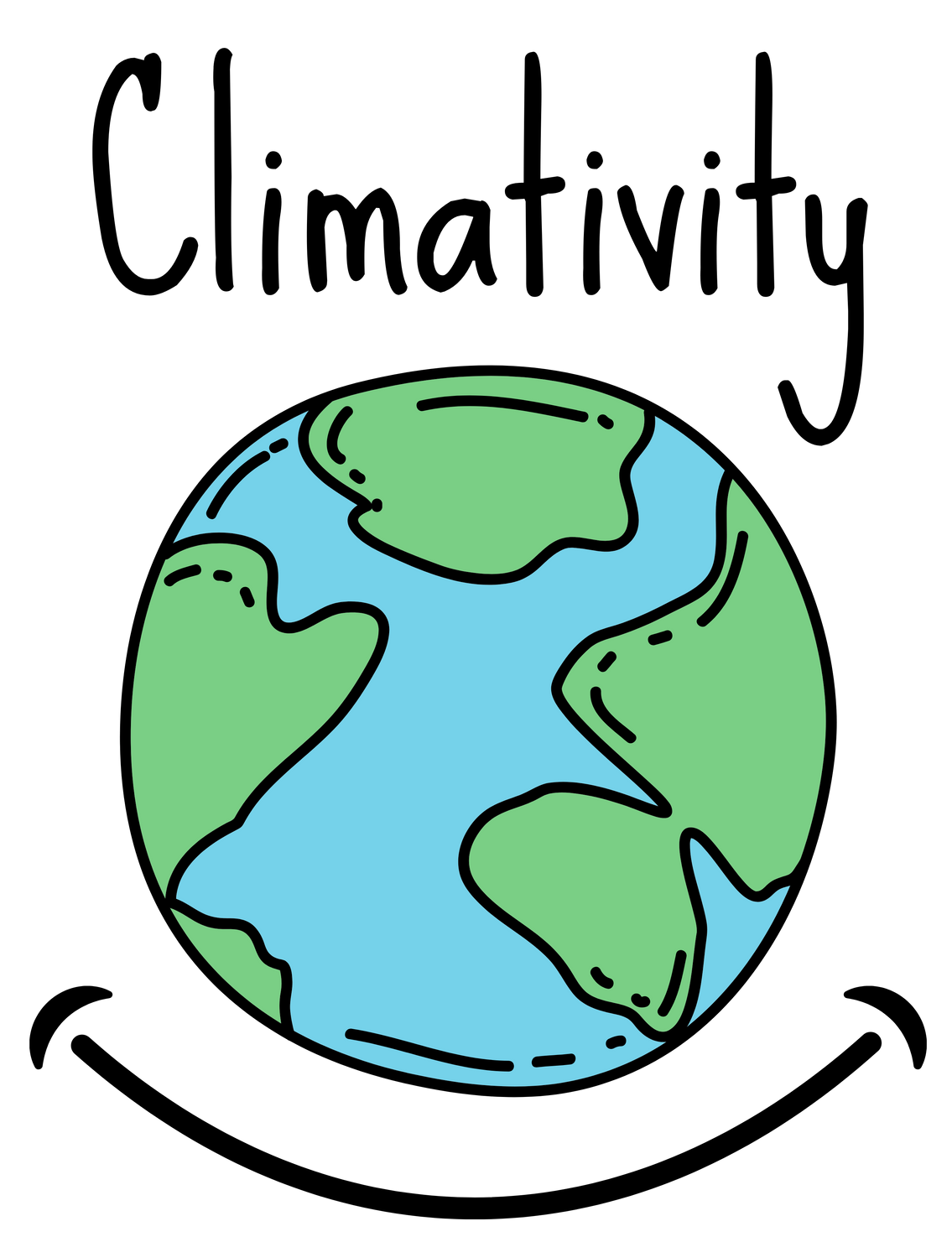no. 115: Trying something different

Hey friend,
Welcome to Friday! Happy we can start the day together once again.
I spent last week in Chicago surrounded by family which was incredibly refreshing, got back to NYC at the beginning of the week, and have been getting a lot of focused work done to start preppingfor New York Climate Week coming next month (more on this soon!)
Also, this week's newsletter will look a little different than normal.
After a lot of reflection about these stories that I tell you, I wanted to start providing more context. By explaining the nuances more in depth, I hope to better capture the impact these everyday leaders are creating... and how we can keep the good going ourselves.
Obviously, doing that for the 20+ stories I normally cover each week would be quite difficult for one man to write.
So I decided a compromise would be alternating every day between the typical good news roundups that you know and love, and a deeper dive story (meaning a few extra sentences, really).
If you don't like it, don't panic! I think that trying new things is the only way to keep improving... so just let me know your honest thoughts :)
Enjoy!
Climbers 🤝 Conservationists

Four climbers named Dale, Hugh, Bryce, and Ron were going up Yosemite’s El Capitan (that massive rock face that Alex Honnold famously free soloed without a harness) when they happened across an active peregrine falcon nest.
Last seen in the area 35 years prior, these climbers were startled but lept into action.
They alerted local conservationists who came up with a plan that could only work with the climber’s help, having them hike up and collect samples of the nest and eggs to protect in a lab and later return.
But the falcons were scared and furious and would dive bomb the climbers who were risking their safety for the future of these animals.
Since then, harmful pesticides like DDT have been banned and the number of peregrine falcons has returned to safe levels and continues to rise while the park strategically closes climbing routes where birds are nesting.
And these four climbers who understand the land better than most played a big and selfless role in helping the local Yosemite population bounce back.
📰: Sarah Kuta|Smithsonian; Ula Chrobak|Outside Magazine; Yosemite National Park
Good news recap from Tuesday, August 20

The world’s largest 3D printed neighborhood made of 100 homes in Wolf Ranch, Texas is almost completed, with 3 and 4-bedroom homes printed layer by layer in about 3 weeks each and designed to be more efficient, resistant to extreme weather, and less wasteful with construction materials (Gerrard Kaonga|Unilad)
The global plastics treaty to limit worldwide production of plastics now has support from the US which is not only a major shift from their earlier position focused on recycling, but will also have a massive impact as a powerful player in UN negotiations finishing later this year (Joseph Winters|Grist)
25% of Europe can be rewilded back to former glory with diverse plant and animal-filled landscapes according to a new study that found conservation strategies on abandoned farmlands can help meet their biodiversity target of protecting 30% of land by 2030 (Cristen Hemingway Jaynes|Ecowatch)
And our community win comes from _thelastdino whose hospital in Mexico is offering free Hepatitis C tests to detect it early and prevent further complications.
The 6,000 sheep maintenance crew

6,000 sheep are munching on the grass beneath solar panels after being hired as the maintenance crew.
The fluffy animals are needed to ensure vegetation doesn’t grow out of control and are more efficient than lawn mowers since they get into every nook and cranny for that bite of sweet grass and they’re less likely to kick up rocks or debris that could damage the glass panels.
At the same time they improve the soil quality with their manure acting as a natural fertilizer which actually helps native plants that pollinators need thus creating more biodiversity.
The practice of growing plants on the land beneath solar panels is called agrivoltaics which also helps farmers make extra income by generating clean energy and farming on the same land.
This herd of 6,000 will graze in the shade of panels over 10,000 acres of solar fields in Texas which will be the biggest solar grazing project in the US thanks to a partnership between Enel North America and Texas Solar Sheep.
This unique collaboration between shepherds and solar farms shows us what happens when different people come together to solve problems.
📰: Carrie Klein|Canary media; Kristin Toussaint|Fast Company; Cornell University; Texas Solar Sheep; Enel North America; ENA on YouTube
Recap from Thursday, August 22

Whether you love AI or hate it, it’s helping end illegal blast fishing, which uses destructive explosives to kill fish, thanks to students who are training a tool called SurfPerch to find audio evidence in seconds that would take a human up to 40 hours (Coco Liu|Bloomberg)
NASA’s latest satellite called Tanager-1 just launched into space which will scan 50,000 square miles of Earth every day so scientists can pinpoint sources of methane and inform decision-makers to help end these emissions (NASA; Spacewatch Global; Fast Company)
Schoolgirls in India like Nibha Kumari are leading a “silent cycling revolution” thanks to free bicycles from the government, which doubled the number of student cyclers in a decade boosting school enrollment and retention of girls and transforming their lives (Soutik Biswas|BBC)
And today’s community win comes from Willow who’s starting to study electrical engineering to work on sustainable energy solutions.
Saving thousands of wedding flowers from the dump

Is there a way to stop thousands of expensive wedding flowers getting thrown out after just a few hours?
Two women may have cracked the code.
The average wedding creates 400 pounds of trash, but Laura Ruth and Rebecca Shelly set out to change that. While mourning the passing of their fathers last year, they started talking about what they could do with all the nice bouquets sent to them, and wondered if they could repurpose them to brighten someone else’s day.
They weren’t just all talk, but stepped up and started the nonprofit Friendly City Florals which refreshes and donates used event flowers to spread joy and kindness to their community.
“We typically donate to individuals who don’t have access to flowers or their own green spaces, or are going through a hard time in life”, Laura explained to me when I asked about their process. Rebecca added that, “We’re often greeted with surprise, joy, excitement, and kindness when we are able to drop off our donated flowers”.
Senior homes, hospitals, schools, and emergency responders all benefit from these two women who found a problem in their own lives and took initiative to reduce excess waste while spreading some love.
Because sometimes the best solutions are the simple ones.
📰: Cathy Free|Washington Post; Jacob Simon|Jacobsimonsays
Bonus stories
🥗 Fresh healthy produce is now a covered benefit in Tennessee
🦫 Britain's beaver boom is underway
🚌 Oakland school buses go 100% electric

Spread this breath of fresh air🪴
By supporting Climativity, you're helping these good stories reach more people around the world.
Support good news & independent publishing





Member discussion